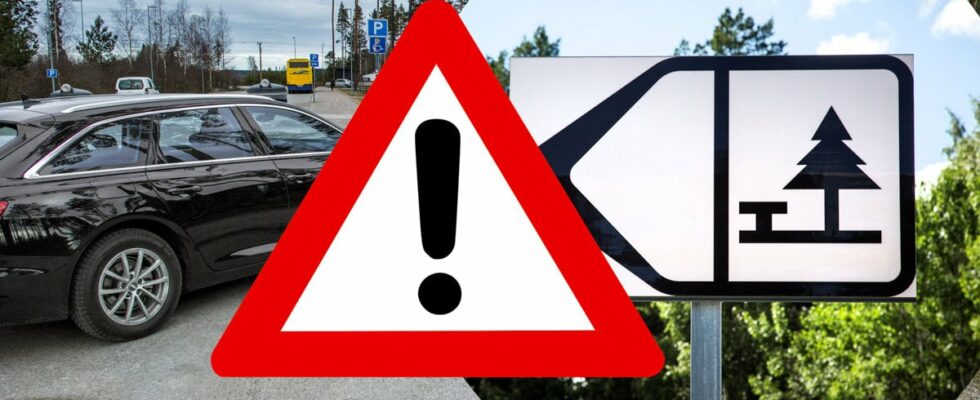– We are getting more and more calls from members about security at parking lots and rest areas. It is both about observing criminal activity in these places, and about the environments being perceived as unsafe when they are poorly managed, says Helene Liljahead of communications and society at National Confederation M Sweden.
DON’T MISS IT
Our podcast about cars – Under the Hood
Four ways to drive in a roundabout – how do you do it?
Here are Donald Trump’s cars: From Tesla to Lamborghini
Volvo is forced to recall cars: The brake pedal can come loose
Several respondents
M Sweden has conducted a survey with 2,300 responses. 55.4 percent of respondents were men, 43.8 percent women and 0.8 percent did not want to state their gender.
In total, 61.6 percent of the respondents feel insecure about stopping at rest areas.
77.4 percent of women experience insecurity, while the percentage for men is 48.8 percent.
There are plenty of nice rest areas in Sweden, unfortunately many feel unsafe. (Photo: Fredrik Sandberg/TT) Big differences
– The survey shows large differences in perceived security between women and men. Women’s markedly higher perceived sense of insecurity thus becomes not only a road safety issue, but also an issue of gender equality, explains Heléne Lilja.
It is not only the insecurity that is in itself an insecurity, but it also produces indirect effects.
For example, it may be that drivers do not take breaks when they should. Fatigue increases the chances of mistakes and it is therefore important that drivers have the opportunity to take breaks, without feeling unsafe.
DON’T MISS:
Volvo is forced to recall cars: The brake pedal can come loose
The snooping camera – which puts you behind the wheel surfers
Does not only apply to rest areas
It is not only rest areas that lead to a feeling of insecurity. Even parking spaces are problematic.
58.7 percent of the respondents state that they feel quite or very unsafe when parking in an unfamiliar city center at night.
66.9 percent of women feel insecure in these contexts compared to 52.4 percent of men.
